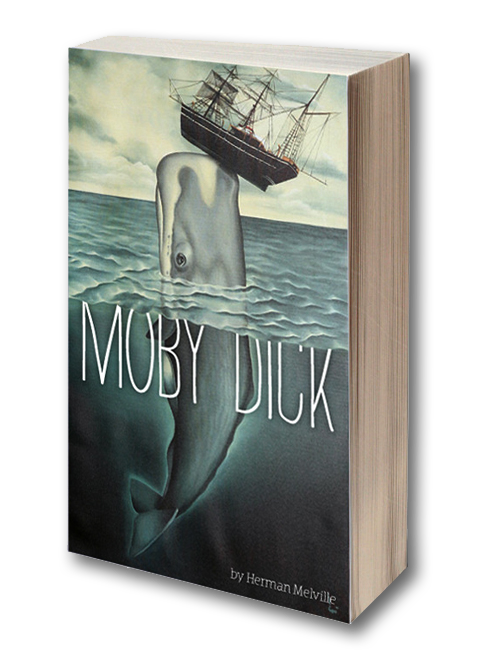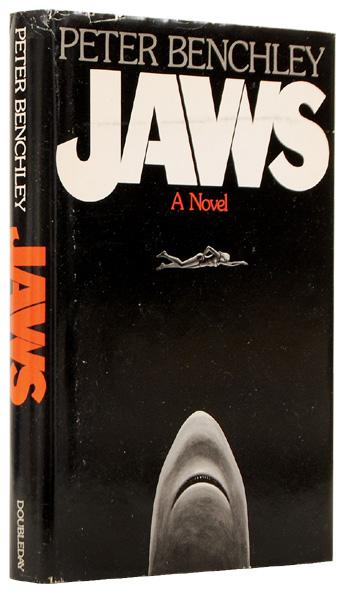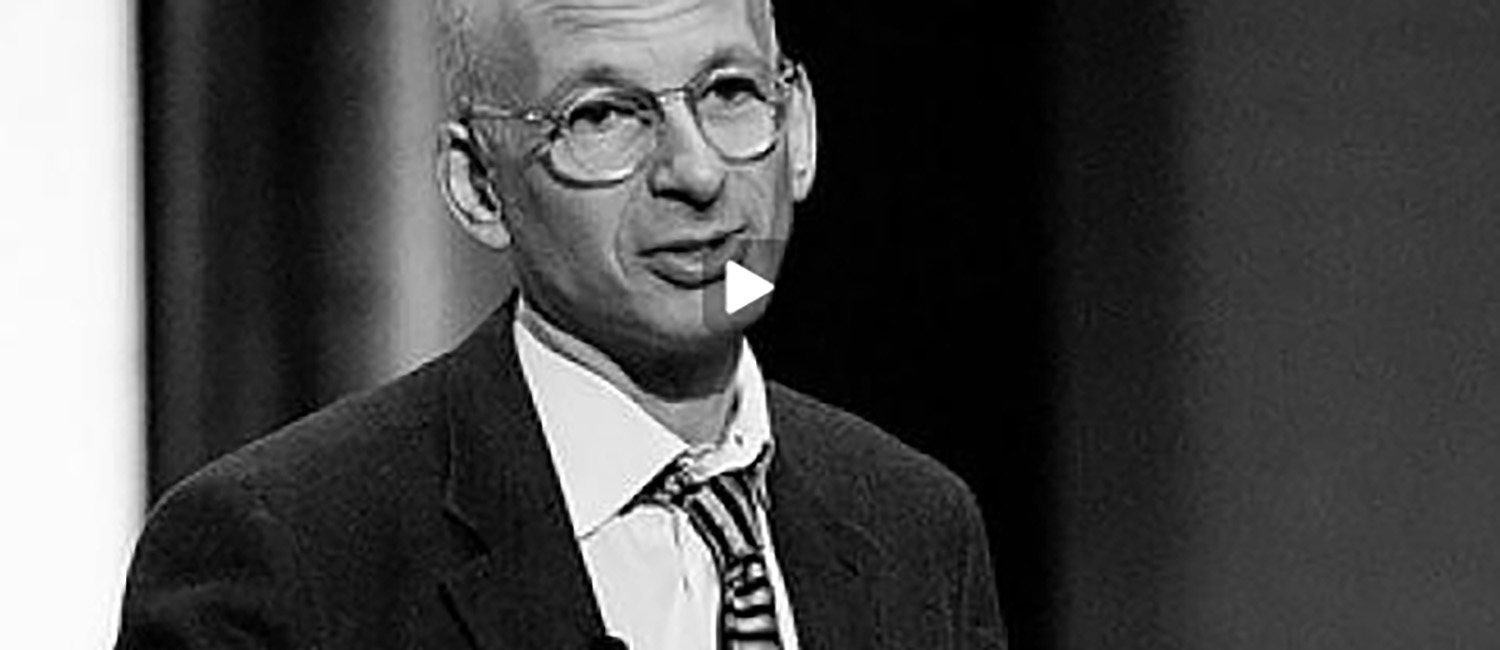
Book cover concept by Matt Roeser (via nevver). Great.
Official website of the author

Book cover concept by Matt Roeser (via nevver). Great.
Wonderful ad for a bookstore in Lithuania called Mint Vinetu. (Via Quipsologies.)
Why do ordinary readers happily devour crime novels, the sort of stories I write, about violence — murder above all — and every conceivable sort of treachery? Why do housewives and business travelers and grandmothers — people who would not themselves steal a stick of gum — feel drawn to crime stories, fascinated by them?
John le Carré seems to have puzzled over the appeal of spy novels in a similar way. The other day I ran across this quote:
Most of us live in a condition of secrecy: secret desires, secret appetites, secret hatreds, and relationship with the institutions which is extremely intense and uncomfortable. These are, to me, a part of the ordinary human condition. So I don’t think I’m writing about abnormal things.… Artists, in my experience, have very little center. They fake. They are not the real thing. They are spies. I am no exception.
I think le Carré gets that exactly right. We are all spies. We all fake, one way or another, at times. Spies perfectly embody this aspect of human nature.
Are we all criminals, too? Is that why we rush to buy books by Lee Child or Richard Price or Michael Connelly? Is that why the news media cover crime stories with such obvious relish?
Maybe. When asked to explain the attraction of crime stories, I have always fallen back on the phrase “bad men do what good men dream,” which was coined by the psychologist Robert I. Simon (it is the title of Simon’s book). Simon writes,
The basic difference between what are socially considered to be bad and good people is not one of kind, but one of degree, and of the ability of the bad to translate dark impulses into dark actions. Bad men such as serial sexual killers have intense, compulsive, sadistic fantasies that few good men have, but we all have some measure of that hostility, aggression, and sadism. Anyone can become violent, even murderous, under certain circumstances. Our brains are wired for aggression, and can short-circuit into violence.
It is a powerful, frightening idea. But even if it is true — even if we are all criminals with secret dark instincts, however faintly we feel them, however well we master them — it still does not explain the precise nature of our attraction to crime stories. When we read crime novels, are we indulging this secret urge to violence, acting out fantasies? Are we good men (people) dreaming of doing bad things? Our favorite criminals — Hannibal Lecter, Michael Corleone — do have an undeniable glamor.
On the other hand, maybe we read crime stories to relieve the anxiety that we will become victims. Maybe the pleasure is in the experience of control over these demons. Most crime stories end with the villain’s defeat, after all. Justice tends to triumph in fiction more often than it does in real life. Surely that is no accident.
Or perhaps we enjoy crime stories for the same reason we go to horror movies and roller coasters: to feel the thrill of fear. To get the adrenaline rush of a dangerous situation without the risk of actual danger.
I suspect that the precise nature of our attraction to crime stories is murkier than le Carré’s theory about spy novels. We may indeed all be spies, but we are not all criminals — not just criminals, anyway. We are good and bad, cops and robbers, heroes and villains, at different times. As a crime novelist, that strikes me as good news. Novels thrive in the murk of human emotions.
What usually gets lost in the perpetual refrain about authors becoming their own marketers is that there’s no particular connection between writing talent and a gift for self-promotion.
— Laura Miller, “Writer, Sell Thyself”
In a world where authors are expected to self-promote — and someday, perhaps, self-publish — would Salinger or Harper Lee or Thomas Pynchon, reclusive introverts all, have found an audience? Are we about to lose the writer, however brilliant, whose only gift is writing? Read the article.
I can quite understand people wanting to know my writings, but I cannot sympathise with anybody wanting to know me.
Vladimir Nabokov, who “despised the idea of the author as celebrity” (via)

Jaws, first edition, 1974. (via)

This video is not new. It is Seth Godin’s presentation at the O’Reilly Tools of Change for Publishing Conference in February 2008. But I loved it at the time and still do. It is one of the few discussions of the digital publishing revolution that get me excited about the future rather than just scaring the hell out of me. Godin is a great speaker, self-promoter, and motivator, but there’s plenty of ideas here for ordinary mortals, too.
I recommended the video to a writer-friend today who is gearing up to promote his book, then I had trouble tracking it down on the web, mostly because I could not remember the name of it. So here it is, John: “10 Bestsellers: Using New Media, New Marketing, and New Thinking to Create 10 Bestselling Books.” Enjoy.
[Update 5.5.2023: This video is no longer available.]